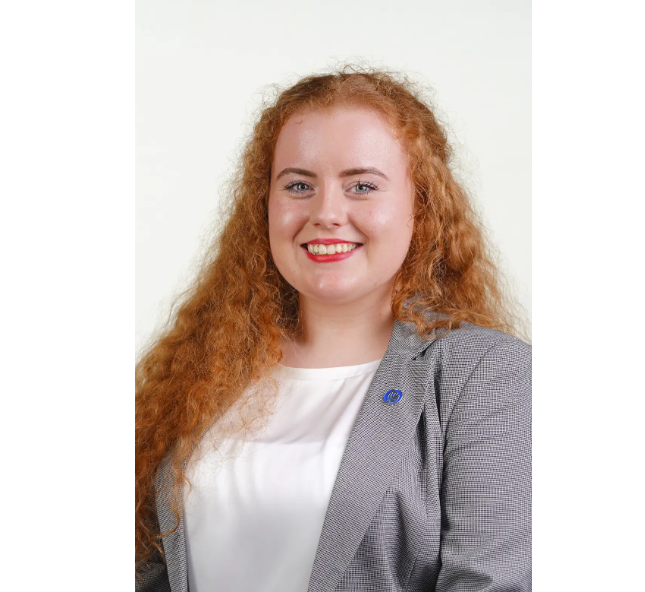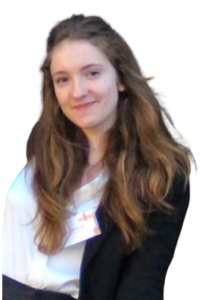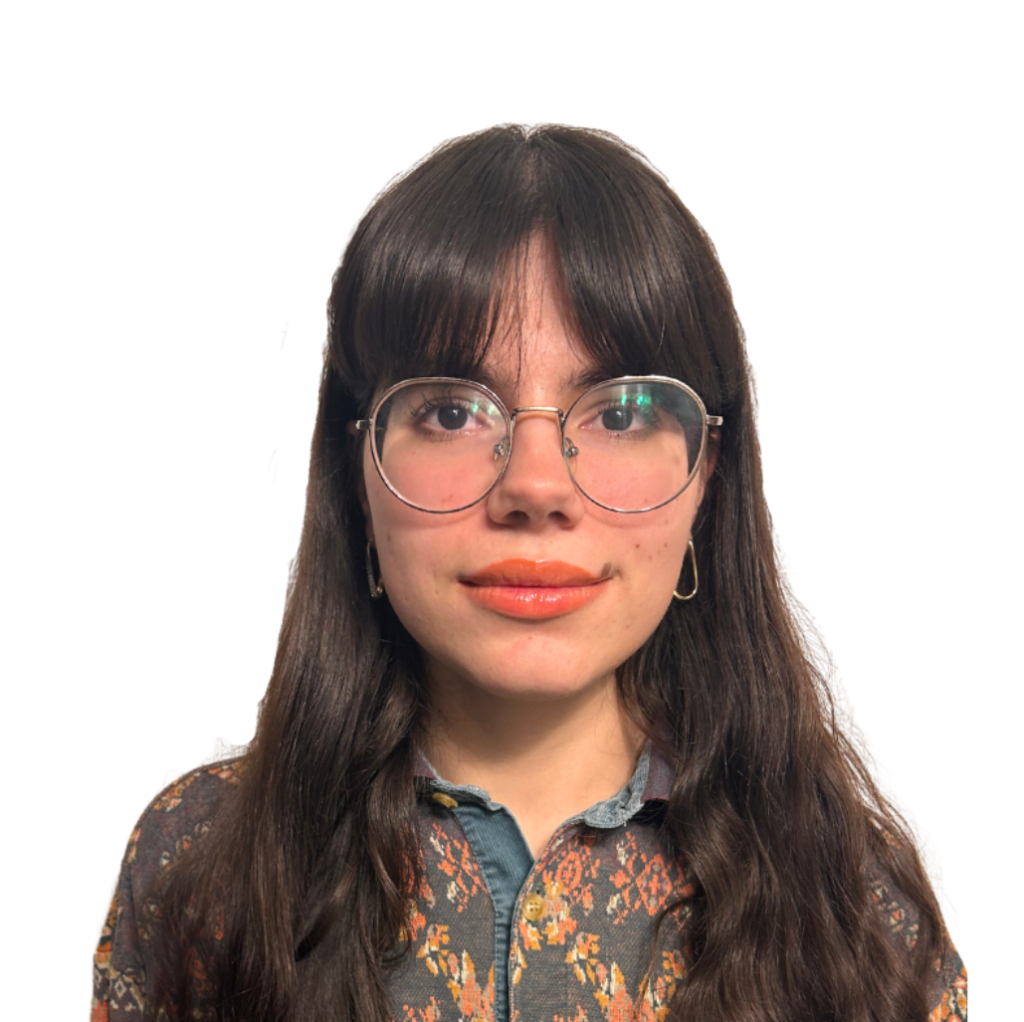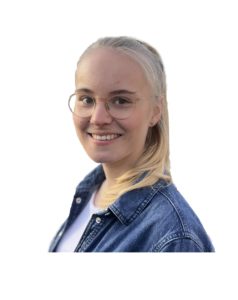Gender Equality Working Group
The European Union has maintained a policy of “gender mainstreaming” – planning to implement a gender perspective in all policy areas – since 1996. Despite aiming to understand and tackle inequalities between genders, the EU still scores just 67.9 points out of 100 on the Gender Equality Index and the journey towards gender equality is increasingly complex, uneven, and nonlinear. Similarly, individual states across Europe struggle to tackle a diverse range of gender equality policy issues including gender-based violence, abortion and female-led migration.
There has recently been a backlash against aspects of gender equality in Europe, and issues surrounding gender equality have been increasingly politicised. Tensions are increasingly apparent as liberal “European values” or the gender equalising goals clash with traditional systems and ideals across Europe. Backlash has been uneven with European states moving in dramatically different directions on gender equalising issues.
European states and the European Union are also international actors, exporting their goals and attitudes on gender equality to other regions and states. Their actions and agendas, both internal and external, intentional and unintentional, have global effects on gender equality.
The EST Working Group on Gender Equality believes in the goal of gender equality. It therefore aims to understand where and how Europe has failed to deliver gender equality and to find solutions and strategies to further gender equality.
Head of the Working Group – Róisín Keenan

Róisín is a passionate advocate for gender equality. Academically, Róisín has focused on human rights and hidden histories. She has a BA Joint Honours Undergraduate degree in History and International Relations at Queen’s University Belfast, has recently completed the work for her Master’s degree in International Human Rights Law at Queen’s, and has begun her PhD in the study area of women’s rights and experiences in post-conflict societies at Ulster University Belfast.
Her passion for human rights, politics, and gender equality has not been confined to academic pursuits. She has also held leadership roles prior relating to this, such as being the Feminist and Equality Society President at Queen’s University Belfast and the Women Student’s Association Chairperson at QSU. Róisín spearheaded panels on a wide range of feminist issues engaging with students, politicians, charities, and activists, has spoken on panels herself relating to women and the Good Friday Agreement/ gender based violence and Ireland today. She represented students at national conferences, and has years of experience fundraising for organisations relating to gender equality. Róisín hopes to identify gaps in research on gender equality and ensure we work towards closing them.
Bianca Emanueli – Deputy Head

Bianca Emanueli was born in Genova and is currently attending her final year of the International Relations bachelor at the University of Groningen, in the Netherlands. As a starting academic she worked as a student consultant, research assistant and volunteer. She is committed to capacity building through cross-cultural dialogue and she dedicated part of her academic journey to the study of English, French, Mandarin and Spanish. She is passionate about social capital research, with a focus on the intersectionality of the female experience in developing contexts. This year, during study visits in Vietnam and China, she made herself acquainted with East Asia and worked on AI tool to reduce gender bias in automated recruitment.
Malaika Afridi

Malaika Afridi is a researcher at a leading think tank in Pakistan, with a focus on arms control, disarmament, security and strategic issues. She holds a bachelor’s degree in Politics and International Relations from the University of London External Programme. Her research interests include arms control, peace and conflict studies, and the role of gender in global security. Malaika has also published work on nuclear disarmament, gender and disarmament, and women’s participation in politics. She is interested in how gender dynamics intersect with security, emphasizing the need for inclusive approaches to global peace and security. She continues to contribute to the field by exploring the critical connections between gender and security.
Nicole Angel

She is currently working towards her Master’s degree in Global Politics and Society at the University of Milan. She has a background in Political Science but is mostly focused on sociological research. She is passionate about political participation and contentious politics, with a focus on social movements. Her research is based on an intersectionality framework, to ensure that power dynamics and marginalization are never overlooked.
Born and raised in Italy, between alpine lakes and mountains, she keeps an open eye to the world and to the global dynamics and processes that are shaping the reality we live in. She hopes to make a change in the world through the sharing of different kinds of knowledge and experiences.
Pauline Huillard

Pauline is based in Brussels, and recently graduated with a double master’s degree in Political Science and Sociology at UCLouvain, during which she specialized in gender and environmental studies. She has written two master’s theses on ecofeminist movements, and has done a research internship in gender studies. In her research, she adopts an intersectional approach and is committed to advancing social science research on current, burning issues.
Claudia Larumbe

Clàudia is a researcher with a focus on intersectional feminism, migration and the EU. She holds a Master’s degree in International Relations, Security, and Development from the Universitat Autònoma de Barcelona, where she also completed her Bachelor’s in Sociocultural Gender Studies. Her research explores the intersection of gender, queerness, migration, and social justice, with a particular interest in feminist foreign policy and gender equality frameworks. She’s worked with various international organizations, including the Bernard Van Leer Foundation and AISE Consulting.
Martina Mussa

Martina is a passionate human rights defender, with special interest for gender equality, climate justice and migration.
With an academic background in human rights and international relations, she moved her first career steps in a humanitarian organization in Romania, focusing on transformative initiatives to strengthen the role of youth in peacebuilding. She also lived in France where she worked on European- funded projects to foster local democracy and climate actions.
Since then, Martina has always been involved in advocacy initiatives for climate change and gender equality. Her last activity included researching gender apartheid with a special focus on Afghanistan and advocating as an ambassador for an intersectional feminist organization.
Now, she is pursuing a Master in Management of Development, exploring the connections between sustainable development, neocolonialism, and social inequalities.
Martina believes in the power of researching as a form of advocacy. Thus, her ambition is to dedicate her path to researching issues related to gender justice and equality, and the importance of intersectionality applied to different domains of our societies.
Camilla Winterhager

Camilla is a Bachelor student at Leiden University College in The Hague, majoring in Governance, Economics, and Development. Throughout her undergraduate studies, she has developed a strong belief in the value of interdisciplinary work, drawing on diverse fields to address complex problems. Camilla is particularly interested in examining education, policymaking, and healthcare through a gender lens, exploring how these areas are shaped by and, in turn, shape societal norms. Additionally, she is passionate about promoting civic education and democratic engagement. Through her work with the German non-profit organization Open Embassy for Democracy, Camilla has gained practical experience in these areas.

 The geopolitical role of the Sahel: the influence of the EU and other Great Powers in the Malian crisis
The geopolitical role of the Sahel: the influence of the EU and other Great Powers in the Malian crisis  Is Nuclear Disarmament Still a Dream? The Third Meeting of State Parties in Perspective
Is Nuclear Disarmament Still a Dream? The Third Meeting of State Parties in Perspective  Strategic Saboteur: Hungary’s Entrenched Illiberalism and the Fracturing of EU Cohesion
Strategic Saboteur: Hungary’s Entrenched Illiberalism and the Fracturing of EU Cohesion  The invention of development: power, narrative, and the afterlife of Truman’s speech
The invention of development: power, narrative, and the afterlife of Truman’s speech